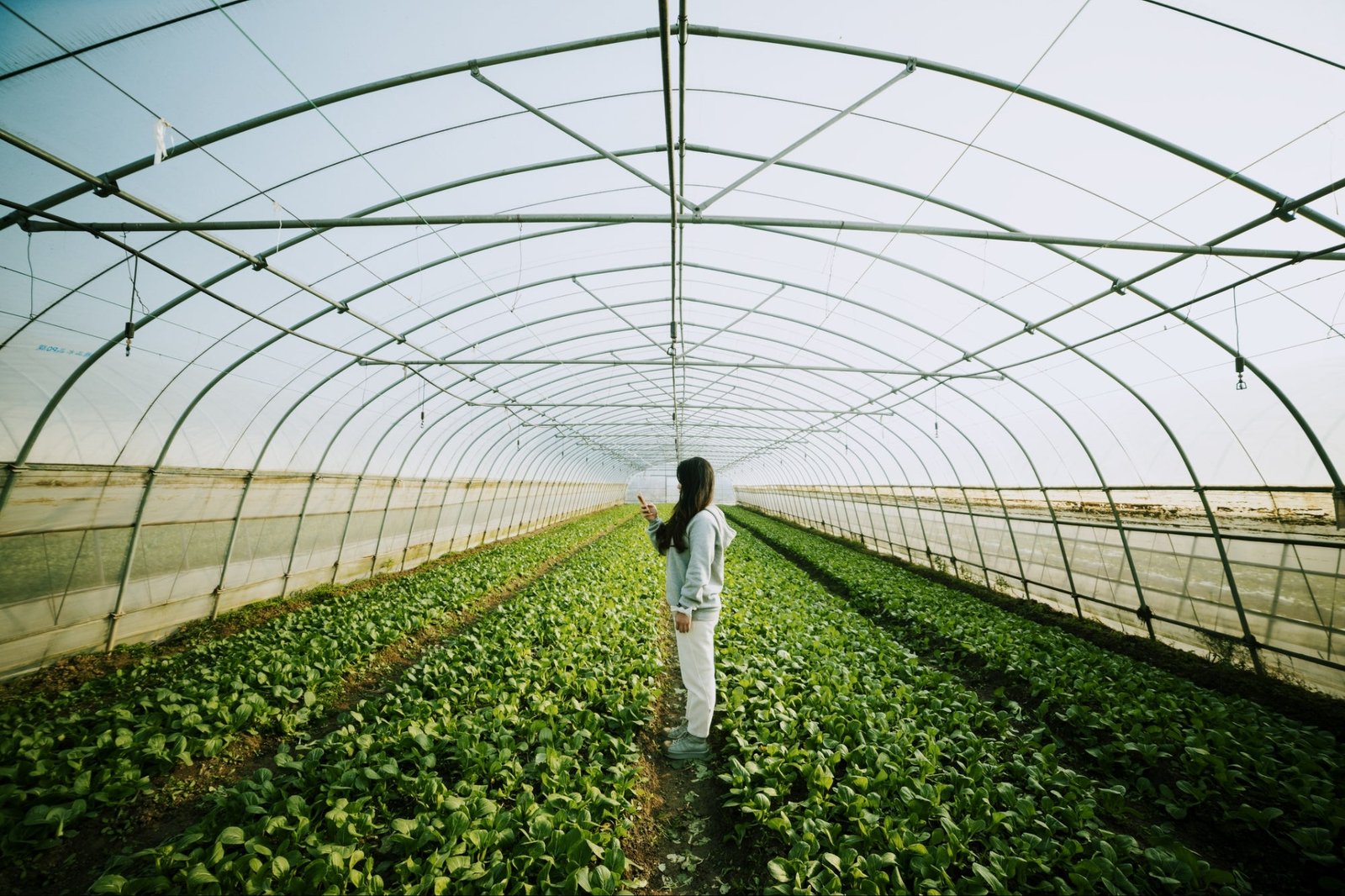Introduction
In an era marked by environmental challenges and a growing global population, sustainable agriculture has emerged as a crucial solution to ensure food security while minimizing ecological impact. This article delves into the concept of sustainable agriculture, exploring its principles, benefits, and innovative practices that integrate technology with nature-friendly farming methods.
What is Sustainable Agriculture?
Sustainable agriculture can be defined as a farming practice that aims to produce food in a way that preserves the environment, enhances biodiversity, and supports local communities. Unlike conventional agriculture, which often relies heavily on synthetic pesticides, fertilizers, and intensive irrigation, sustainable farming seeks to mimic natural ecosystems and utilize renewable resources efficiently.
Principles of Sustainable Agriculture
- Soil Health: Emphasizing soil fertility through natural means such as crop rotation, cover cropping, and composting to maintain soil structure and fertility.
- Water Conservation: Utilizing methods like drip irrigation, rainwater harvesting, and efficient water management techniques to minimize water usage and prevent depletion of water resources.
- Biodiversity Conservation: Encouraging biodiversity on farms through habitat restoration, planting native species, and creating ecological corridors to support beneficial insects and wildlife.
- Integrated Pest Management (IPM): Using biological controls, crop rotation, and resistant crop varieties to manage pests and diseases without relying on synthetic chemicals.
- Energy Efficiency: Implementing renewable energy sources such as solar panels and wind turbines to reduce reliance on fossil fuels and decrease greenhouse gas emissions.

Benefits of Sustainable Agriculture
- Environmental Benefits: Reduces soil erosion, improves water quality, conserves biodiversity, and mitigates climate change by sequestering carbon in soils and plants.
- Social and Economic Benefits: Enhances food security, promotes rural development, supports local economies, and provides healthier working conditions for farmers.
- Health Benefits: Produces food with fewer pesticide residues and higher nutritional content, contributing to improved consumer health outcomes.
Innovative Practices in Sustainable Agriculture
- Precision Agriculture: Utilizing mobile technology, GPS mapping, and sensors to optimize crop management, reduce input usage, and increase yields efficiently.
- Agroforestry: Integrating trees and shrubs into agricultural landscapes to provide shade, windbreaks, and additional sources of income through timber, fruits, or nuts.
- Aquaponics and Hydroponics: Combining fish farming with hydroponic plant cultivation to create a closed-loop system that maximizes resource efficiency and minimizes waste.
- Vertical Farming: Growing crops in vertically stacked layers indoors, often using hydroponic or aeroponic systems, to conserve space and reduce transportation distances.
- Regenerative Agriculture: Focuses on restoring soil health, enhancing ecosystem services, and sequestering carbon through practices like no-till farming, cover cropping, and holistic grazing.
Case Studies and Success Stories
- Rodale Institute: Known for its long-term trials and research in organic farming methods, demonstrating improved soil health and productivity over conventional practices.
- Masanobu Fukuoka’s Natural Farming: Advocates for minimal intervention farming, emphasizing the harmony between human life and the natural world.
- Netherlands’ Greenhouse Innovations: Pioneering technologies in energy-efficient greenhouse cultivation, utilizing renewable energy and advanced climate control systems.
Challenges and Future Outlook
While sustainable agriculture offers promising solutions, challenges such as scalability, initial investment costs, and consumer awareness remain. However, ongoing advancements in agricultural technology, policy support for sustainable practices, and increasing consumer demand for organic and locally sourced foods indicate a positive trajectory for the future of sustainable agriculture.
Conclusion
Sustainable agriculture represents a paradigm shift towards resilient and regenerative farming practices that harmonize with nature rather than deplete it. By embracing innovation, technology, and a holistic approach to farming, we can ensure that agriculture remains a sustainable source of food production for generations to come, supporting both human well-being and planetary health.
References
- Include relevant studies, reports, and expert opinions supporting the benefits and practices of sustainable agriculture.
This comprehensive article explores sustainable agriculture, its principles, innovative practices, benefits, challenges, and future prospects. It aims to educate and inspire readers about the importance of farming with nature-friendly methods in the context of modern agricultural challenges.

